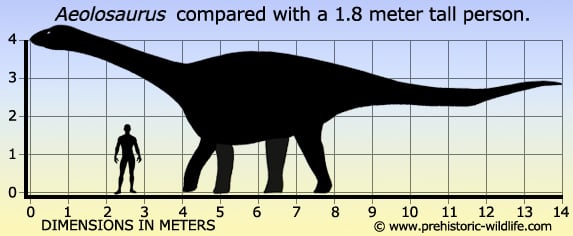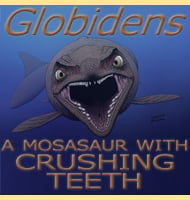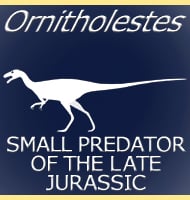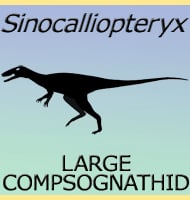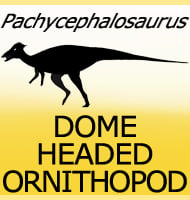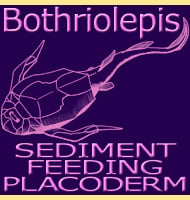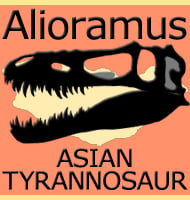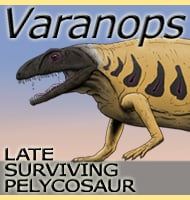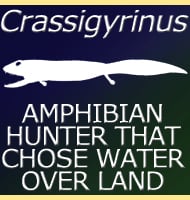In Depth
Aeolosaurus is one of the better known South American titanosaurs of the late Cretaceous period. The name is derived from the mythical figure of Aeolus who was dubbed the ‘keeper of the winds’ in Homer’s Odyssey. It might seem rather obscure to name a dinosaur after this figure, but it is actually in reference to the prevailing winds that blow across Patagonia where the first specimen of Aeolosaurus was found.
Aeolosaurus has a close relationship with the titanosaur Gondwanatitan which stems from the fact that Gondwanatitan was named from a species of Aeolosaurus, A. faustoi. Both of these titanosaurs have caudal (tail) vertebrae that are both elongated and have neural spines that angled anteriorly (towards the front of the animal when the vertebrae are horizontally level). These special vertebrae have been proposed to have formed to better support Aeolosaurus when it reared up on its hind legs granting this dinosaur an optionally bipedal stance when feeding. Such a stance would have allowed Aeolosaurus to reach higher into the tree canopy and feed upon parts that were beyond the reach of other dinosaurs without physically having to grow a longer neck for the purpose.
Some remains of Aeolosaurus have confirmed the presence of osteoderms (sometimes called scutes) which were bony lumps that grew in the skin. These have been seen in some other titanosaurs and are thought to have been for additional defence against predatory theropods which in the case of Aeolosaurus may have included abelisaurs like Abelisaurus and Carnotaurus.
A former species of Aeolosaurus, A. maximus, was re-described as a distinct genus, Arrudatitan, in 2021.
Further Reading
– The Late Cretaceous fauna of Los Alamitos, Patagonia, Argentina part VI—the titanosaurids. – Revista del Museo Argentina de Ciencias Naturales “Bernardino Rivadavia” e Instituto Nacional de Investigacion de las Ciencias Naturales: Paleontolog�a 3(3):147-153 – J. E. Powell – 1987. – El genero Aeolosaurus (Sauropoda, Titanosauridae) en la formaci�n Allen (Campaniano-Maastrichtiano) de la Provincia de R�o Negro, Argentina. – Ameghiniana 30(2): 119-128 – L. Salgado & R. A. Coria – 1993. – Presence of the genus Aeolosaurus (Sauropoda, Titanosauridae) in the Los Alamitos Formation (Late Cretaceous) of the R�o Negro Province. Revista Guarulhos. – Geociencias 2(6): 44-49. – L. Salgado, R. A. Coria & J. O. Calvo – 1997. – Aeolosaurus colhuehuapensis sp. nov. (Sauropoda, Titanosauria) de la Formacion Bajo Barreal, Cretacico superior de Argentina.” Revista Brasileira de Paleontologia, 10(1): 53-62 – G. Casal, R. D. Martinez, M. Luna, J. C. Sciutto & M. C. Lamanna – 2007. – A new sauropod (Macronaria, Titanosauria) from the Adamantina Formation, Bauru Group, Upper Cretaceous of Brazil and the phylogenetic relationships of Aeolosaurini. Zootaxa 3085:1-33 – R. M. Santucci & A. C. D. Arruda-Campos – 2011.
